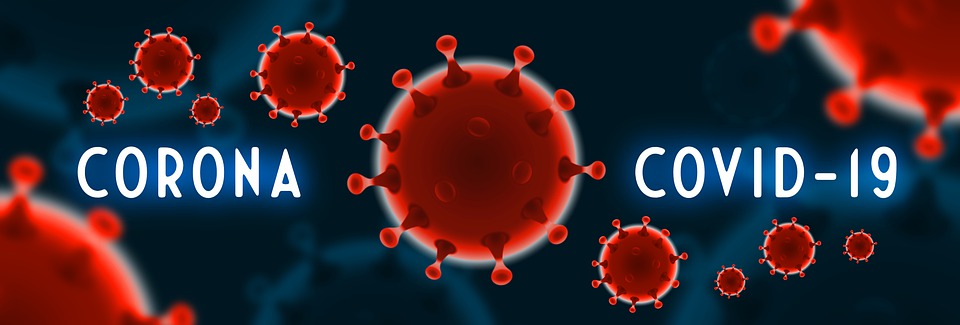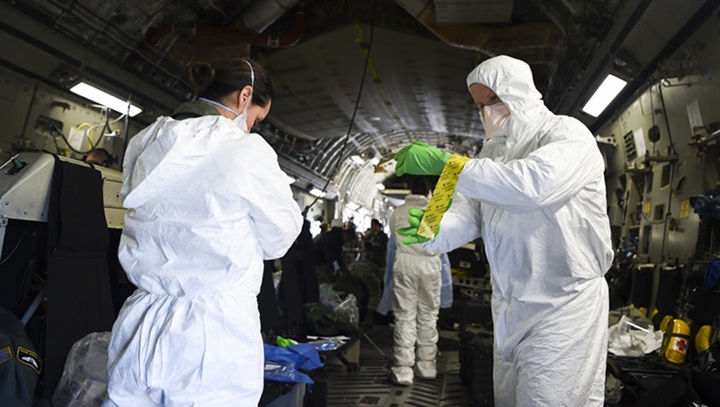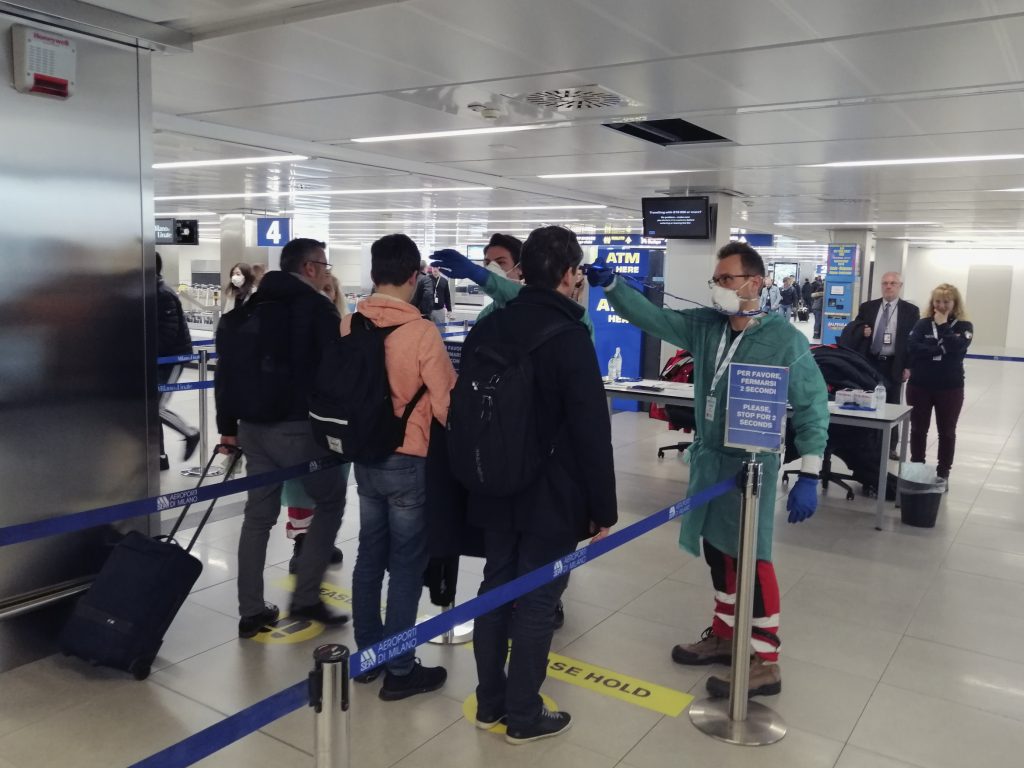Remember the time when we used to complain that 2016 was the worst year ever, then after that came 2017,2018, and 2019, well after saying bye to the teen of the year 2000, we welcomed 2020 with so much fervour and happiness. Lest would we know that the year would start with a virus that will cause so much panic that people would find it difficult to stay in and there will be remote work to most offices and businesses. This year, we knew about this virus called the coronavirus- COVID-19. A respiratory illness caused by a new virus.

If you are confused about what is the COVID-19, then let’s know more about this virus and how we can deal with it in a daily life.
Do know that there is an ongoing investigation to determine more about this outbreak, so the information I am writing for now can be voided later.
A member of the large family of viruses, Coronaviruses may cause respiratory illness in humans ranging from common colds to more severe conditions such as Severe Acute Respiratory Syndrome (SARS) and Middle Eastern Respiratory Syndrome (MERS). This novel coronavirus is a new, previously unidentified strain of coronavirus. This disease has now been named coronavirus disease 2019 – COVID-19.
So how does this virus spread?
COVID-19 can spread from person to person usually through close contact with an infected person or through respiratory droplets that are dispersed into the air when an infected person coughs or sneezes. It is an airborne disease that can be risky for vulnerable people. It is possible to get the virus by touching a surface or an object contaminated with the virus and then touching your mouth, nose, or eyes, but it not the only way that the virus may spread.

Where it started and where has it spread to?
It began with a handful of mysterious illnesses in a vast central China, Wuhan city, this disease has travelled the world, jumping from animals to humans and from obscurity to international headlines. First detected on the last day of 2019, this virus has infected more than ten of thousands of people within China’s borders and beyond them. It has killed more than 4,000 people, triggering unprecedented quarantines, stock market disbalance, dangerous conspiracy theories. Starting with mild cases in Europe, the new epicentre is now in there with the EU and the UK closing. The prevalence in the US has started nw. Since 15 March 2020, there is a global health emergency declared and COVID-19 is now a pandemic.

What are the symptoms?
Symptoms include fever, coughing, sore throat, and shortness of breath. This virus can spread from person to person, but a good hygiene can prevent infection. People infected with COVID-19 experience any range of these symptoms along with aches and pains, nasal congestion, runny nose, sore throat and diarrhoea. The symptoms can show up anywhere from two to 14 days after exposure to the virus. It is possible for an infected person who is not yet showing any symptoms to spread the virus. Older persons, those with weak immune systems like heart disease and diabetes are more likely to experience severe respiratory symptoms and complications.
Protecting yourself from coronavirus
The best preventative action is to avoid being exposed to the virus. You can do this by taking a few cautionary steps—the same as you would if you were trying to avoid getting any respiratory illness.
Wash your hands with soap and water frequently. If soap and water are not readily accessible, use alcohol-based sanitizers.
Avoid contact with sick people.
Avoid touching your eyes, nose, and mouth with your hands if they are unwashed.
Cover your mouth and nose with a tissue or your bent elbow when you sneeze or cough. Make sure to dispose of the tissue immediately
If you are feeling unwell, stay home.
If you have no respiratory symptoms such as a cough, a medical mask is not necessary. Only use the mask if you have symptoms such as coughing or sneezing or suspect a COVID-19 infection. A mask is recommended for those caring for anyone with COVID-19.
What to do if you suspect you are infected?
The symptoms of COVID-19 are very similar to those of a cold or the flu, making it challenging to identify the specific cause of any respiratory symptoms.
If you suspect you have been infected by COVID-19, you should seek medical care as soon as possible.
Until you can access medical care, you should follow these guidelines to reduce your likelihood of infecting others:
Restrict your outdoor activities and stay at home as much as you can. If it is feasible, stay in a separate room, and use a different bathroom from others in your household.
Clean and/or disinfect objects and surfaces that you touch regularly.
Track your symptoms as accurately as possible, so you can provide medical personnel with useful information.
Are there any treatments or vaccines?
There are currently no treatments, drugs, or vaccines available to treat or prevent COVID-19. People infected with the virus should receive medical treatment to relieve and alleviate the symptoms they are experiencing.
So now you know all about it and I hope we are strong enough to face this virus be come out even stronger than ever.



